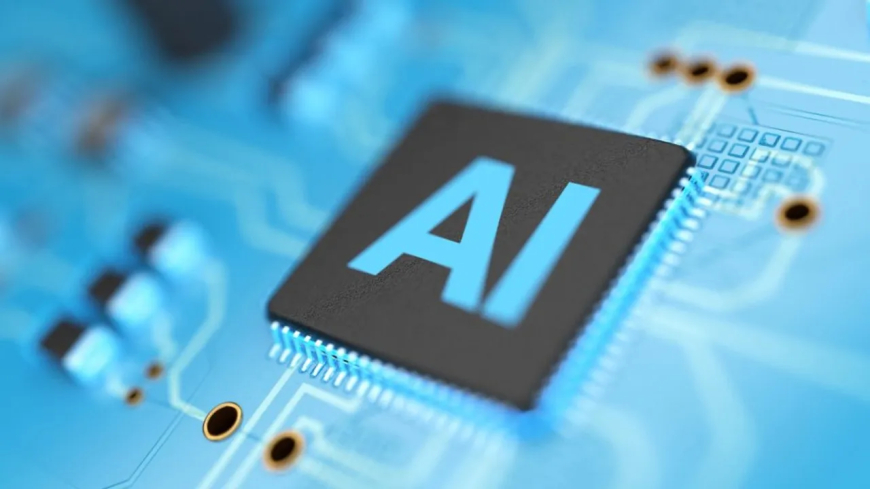UK unions hope to mitigate AI's threat to workers

The Trades Union Council (TUC) is calling on the UK government to adopt safeguards that will stop AI from wiping out too many jobs.
Described as a 'worker first' AI strategy, it urges the government to put employees at the centre of its AI strategy.
First and foremost, that means making government funding for AI R&D conditional on recipients agreeing to support workers rather than replace them.
The TUC also wants to apply this approach to public sector adoption of AI.
Indeed, according to a Financial Times report, which cited data from research firm Tussell, the value of AI-related contracts awarded by the government so far this year has reached £573 million, up from £468 million for the whole of 2024.
The running total since 2018 now stands at 1,309 contracts worth a total of £3.45 billion.
Meanwhile, in the private sector, the TUC says the best way to protect employees from AI is to give them a say at board level and let them weigh in on how AI is put to use in the workplace.
It also thinks companies should be required to invest in workforce skills and training and to establish guardrails that protect staff from potential AI harms at work.
Being the voice of trade unions, the TUC understandably also reckons that improving pay and conditions, and extending collective bargaining across the economy will also help to keep a lid on AI.
For those that do have their career prospects curtailed, the TUC is calling for safety nets to be put in place that will provide access to training, helping people to find new opportunities.
Related:Samsung squeezes Microsoft Copilot into latest slate of TVs and monitors
"AI could have transformative potential – and if developed properly, workers can benefit from the productivity gains this technology may bring. But for this to happen workers must be placed at the heart of AI innovation," said TUC assistant general secretary Kate Bell.
"That means ensuring public money comes with strings attached, and isn't siphoned away into the pockets of billionaire tech bosses. It means ensuring workers get a share in any productivity gains from new technologies. And it means dedicated training and skills programmes to protect workers in industries that may be disrupted by AI.
"The alternative is bleak," she warned. "Left unmanaged and in the wrong hands, the AI revolution could entrench rampant inequality as jobs are degraded or displaced, and shareholders get richer."
The TUC's campaign launches amid a cacophony of warnings about the potential for AI to leave millions of people jobless.
Ford CEO Jim Farley warned at the Aspen Ideas Festival in June that AI will wipe out half of all white collar jobs in the US.
That same month, Amazon CEO Andy Jassy said he expects his company's workforce to shrink over the coming years as the company continues with its adoption of AI.
Related:The Telecoms.com Podcast: AI, geopolitics and Nokia
In January (PDF), the World Economic Forum (WEF) estimated that by 2030, around 8% of the global workforce – some 92 million people – will have lost their job to AI.
With all this doom-mongering, it's little wonder that according to a survey commissioned by the TUC, 51% of the public are concerned about the impact that AI and new technologies could have on their job. For younger workers aged 25-34, the proportion rises to 62%.
Then again, Forbes recently cited an MIT report that claims 95% of enterprise generative AI (GenAI) deployments deliver zero return on investment. The calculation was based on analysis of 300 public deployments, more than 150 executive interviews, and $30-$40 billion of investments in AI pilots.
Perhaps the workforce will be spared from AI Armageddon after all.
Source: https://www.telecoms.com

 Francis
Francis 





